‘Some fish species may not be flexible when responding to elevated CO2 conditions and struggle more’
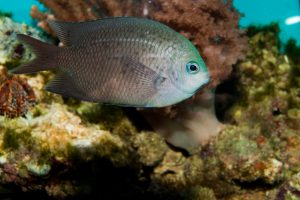
Some fish species evolve faster to cope with future ocean acidification, according to new research from the University of Hong Kong. The research paper, which was published in Global Change Biology this month, sheds some light on the basis of variability across different fish species and that some species possess “evolved molecular toolkits to cope with future ocean acidification.”
Global ocean surface pH is projected to decline because of the ongoing absorption of anthropogenic atmospheric carbon dioxide (CO2) by the ocean – a process known as ocean acidification. Research indicates that predicted ocean acidification conditions may affect some marine fishes’ physiological performance, growth, survival and crucial behaviors for the survival of the fish.
“It has been quite puzzling why some species struggle more than others with ocean acidification conditions,” said Dr. Celia Schunter, study lead and co-author of the research paper. “Our expedition to this remote CO2 vent site allowed us to look at many fish species that live naturally in these elevated CO2 conditions and complete parts of the puzzle. We see that possibly limited by slow evolution, some fish species may not be flexible when responding to elevated CO2 conditions and struggle more.”
To test how species might respond, the researchers measured brain transcriptomes of six coral reef fish species at a natural volcanic CO2 seep and an adjacent control reef in Papua New Guinea. The scientists studied in situ exposure to elevated partial pressure of carbon dioxide (pCO2, the amount of carbon dioxide dissolved in water) and how wild fish cope with environmental conditions predicted to exist worldwide by the end of the century.
“We show that elevated pCO2 induced common molecular responses related to circadian rhythm and immune system but different magnitudes of molecular response across the six species,” wrote the authors. “Notably, elevated transcriptional plasticity was associated with core circadian genes affecting the regulation of intracellular pH and neural activity in Acanthochromis polyacanthus. Gene expression patterns were reversible in this species as evidenced upon reduction of CO2 following a natural storm-event.”
Compared to other species, the scientists found that A. polyacanthus has a more rapid evolutionary rate and more positively selected genes in key functions under the influence of elevated CO2, thus fueling increased transcriptional plasticity.
“Species that evolve more rapidly may have a flexible way to cope with ocean acidification, which should be helpful for these species to maintain their population size and biodiversity,” said Schunter. “However, for some other species evolving more slowly, ocean acidification will be difficult for them once the pH level beyond their abilities to maintain their acid-base balance.
The next step is to validate if other ecosystems exhibit similar findings. Nonetheless, the researchers point out that ocean acidification remains a threat for the slow-to-evolve fish species once the level of ocean acidification rises beyond their regulation ability. In response, slowing down the decreasing global pH is critical to maintaining fish biodiversity.
Follow the Advocate on Twitter @GSA_Advocate
Now that you've reached the end of the article ...
… please consider supporting GSA’s mission to advance responsible seafood practices through education, advocacy and third-party assurances. The Advocate aims to document the evolution of responsible seafood practices and share the expansive knowledge of our vast network of contributors.
By becoming a Global Seafood Alliance member, you’re ensuring that all of the pre-competitive work we do through member benefits, resources and events can continue. Individual membership costs just $50 a year.
Not a GSA member? Join us.
Author
-
Responsible Seafood Advocate
[103,114,111,46,100,111,111,102,97,101,115,108,97,98,111,108,103,64,114,111,116,105,100,101]
Tagged With
Related Posts
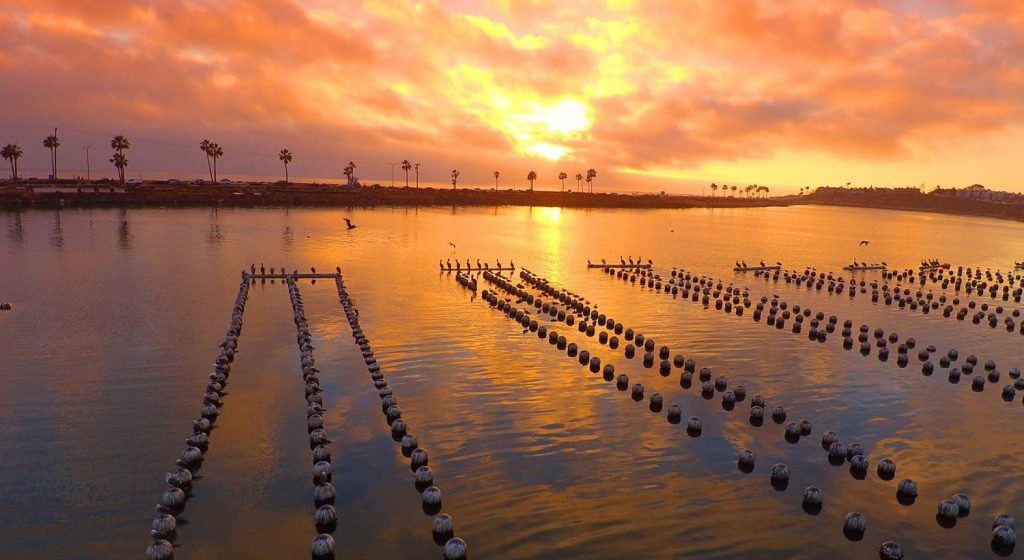
Responsibility
As ocean acidification threatens the shellfish industry, this California oyster farm is raising oysters resistant to climate change
Despite the dangers to shellfish posed by ocean acidification, a forward-thinking California oyster farm is producing oysters resistant to climate change.
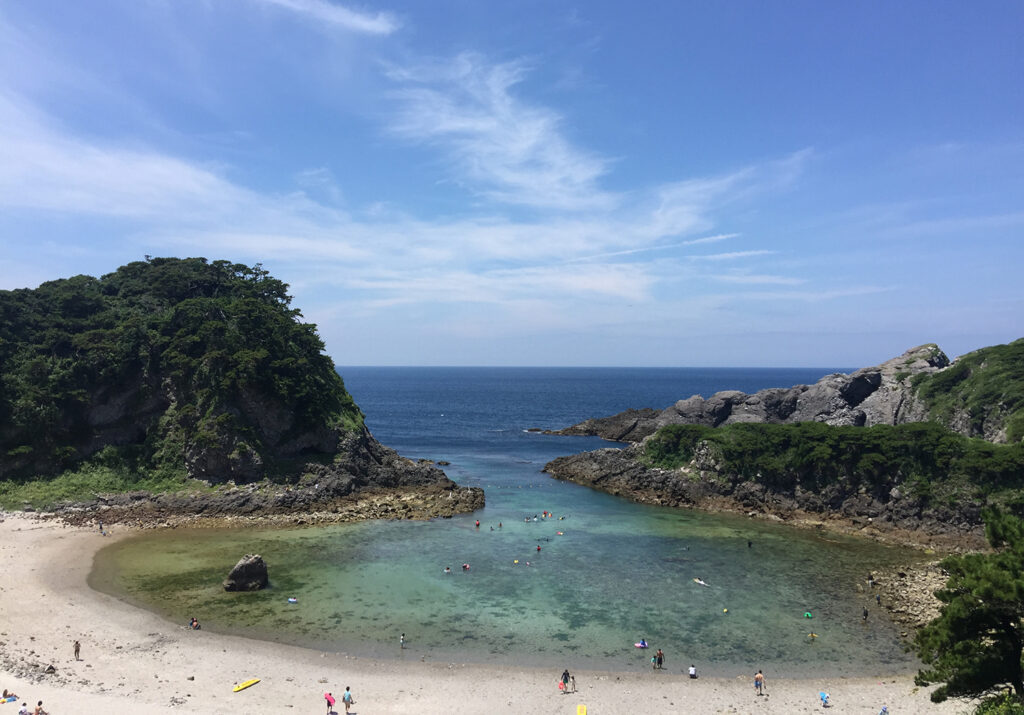
Responsibility
Is a Japanese volcano offering us a sneak preview of ocean acidification?
Shikinejima is a scenic getaway for tourists but the seas surrounding its volcano offer a glimpse of how the ocean could behave in the future.
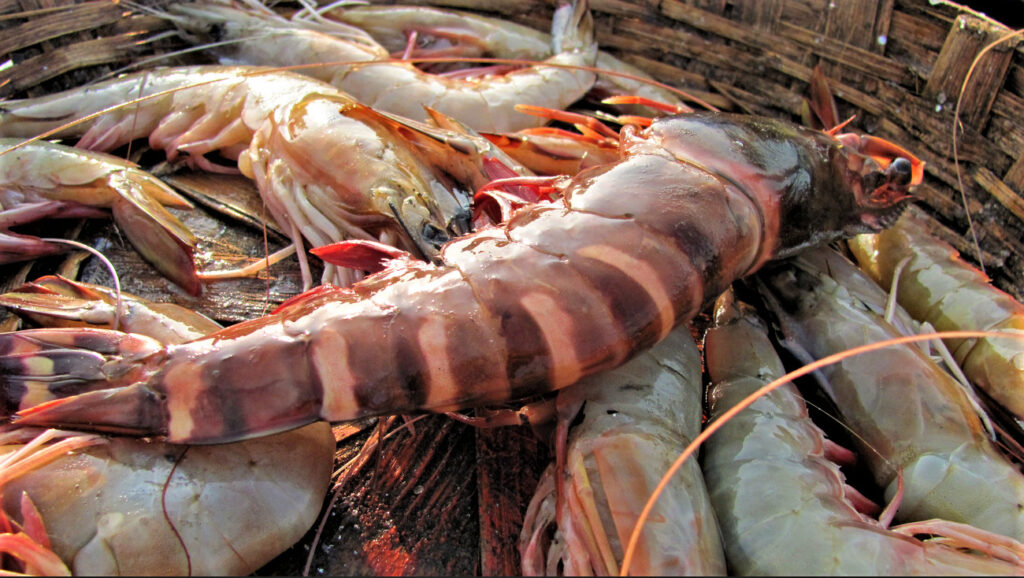
Intelligence
Assessing the effects of low pH on taste, amino acid composition of black tiger shrimp
The effect of low pH on the survival and amino acid composition of shrimp suggests ocean acidification may affect future quality, quantity.
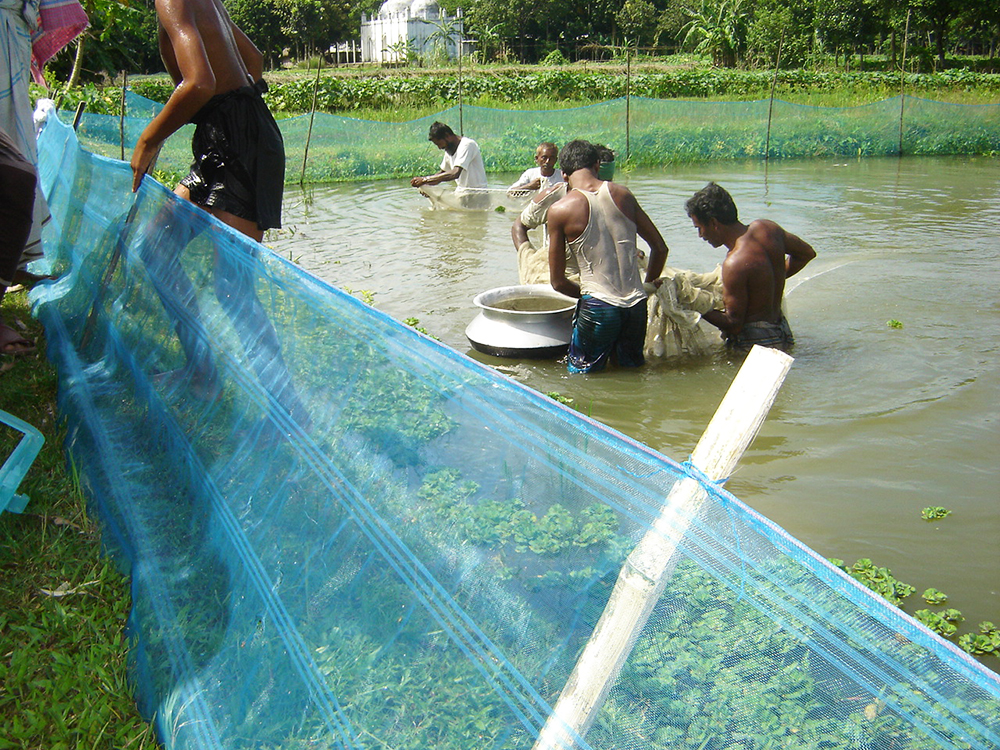
Responsibility
How will climate change impact seafood production?
Much work is needed to properly address and prepare for the potential impacts of climate change, and to continue increasing the contribution of seafood production to feed a growing human population.



